Teaching in China: An Experience of Academic Journey Beyond Borders
Earlier this year, we had the privilege of spending two weeks at Sichuan Aerospace Vocational College (SCAVC) in Chengdu, China. This visit was part of a meaningful collaboration between Universiti Malaysia Pahang Al-Sultan Abdullah (UMPSA) and SCAVC through an academic programme by UMPSA Advanced. Our mission was to deliver several engineering courses to a group of engineering students in SCAVC, and while we came prepared to teach, we ended up learning just as much along the way.
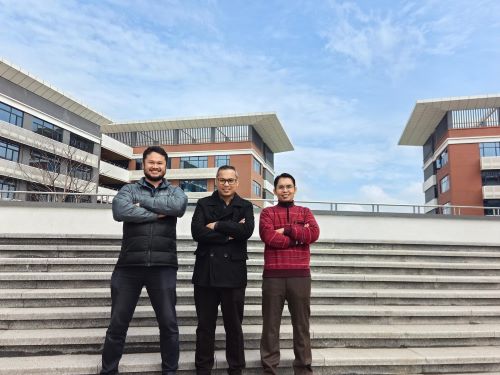
From day one, we were struck by how different the classroom culture was. In SCAVC, learning is traditionally teacher-centred, with students listening attentively and taking notes rather than engaging in open discussions. It was quite a shift from what we are used to at UMPSA, where two-way communication, group work, and critical questioning are strongly encouraged.
It took some adjustment on our part. We started with structured lectures but slowly infused interactive elements like demonstrations, videos, and real-life examples. By the second week, some students were beginning to ask questions and engage more actively. It was a small but significant shift, and we were glad to see them warming up to a more participative approach.
One of the more immediate challenges was the language barrier. Very few students understood basic English, but most were more comfortable with Mandarin. Thankfully, we had assistance from translators and supportive international office staff. We also learned to lean heavily on visual aids, diagrams, gestures, and even the occasional use of translation apps to get the message across. Interestingly, the challenge pushed us to become more creative and flexible in our teaching methods. We relied less on text-heavy slides and more on visuals, hands-on activities, and storytelling to make complex concepts more digestible.
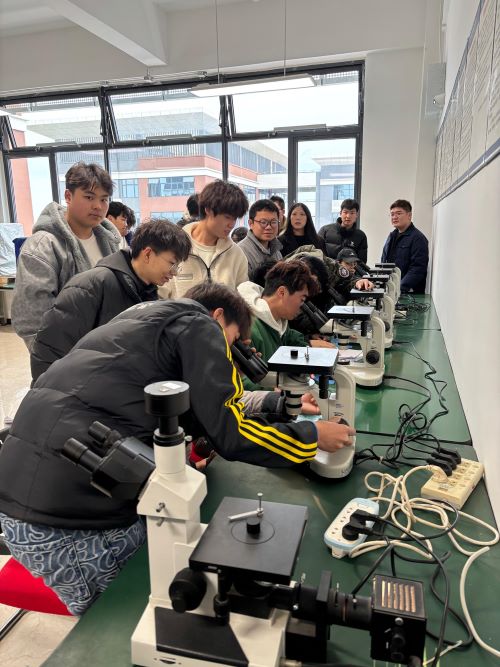
Beyond the classroom, we were impressed by the discipline and time management displayed by both students and staff. Classes started and ended right on time, with minimal delays or disruptions. There was a strong culture of punctuality and preparedness, which made every session smooth and productive.
Another major highlight was the teaching technology. The classrooms were equipped with touch-screen smart boards, integrated teaching tools, and modern lab facilities that reflected a serious investment in quality education. It was clear that SCAVC is embracing technological advancements to enhance the learning experience, and it inspired us to reflect on how we might incorporate similar tools back home.
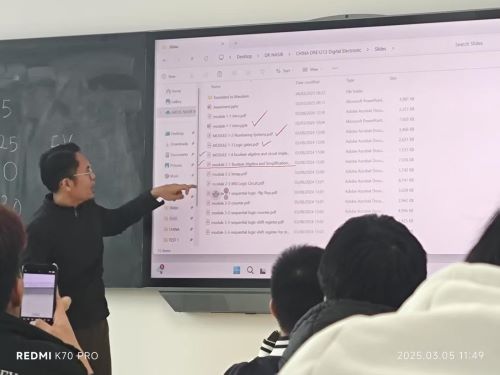
Outside of our academic duties, we were warmly welcomed by the SCAVC community. The hospitality was incredible, from the staff who helped us navigate daily life to the cultural exposure that made our stay unforgettable. We also had the chance to interact with fellow lecturers and administrators, exchanging ideas about curriculum development. These conversations opened doors to potential future projects and deeper academic ties between our institutions.
In just two weeks, we gained valuable insights into cross-cultural education. We learned to adapt, to communicate beyond language, and to appreciate the diversity of teaching and learning styles. We came home with a renewed appreciation for what we do and new ideas for how to do it even better.
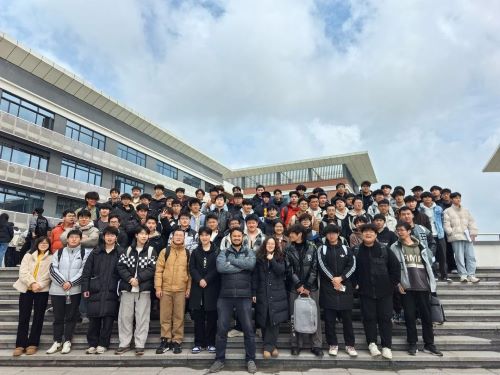
To SCAVC, thank you for the incredible experience and warm hospitality. And to UMPSA, thank you for trusting us to represent the university in this meaningful partnership. This experience reminded us that teaching is more than delivering content. It is about connecting with people, adapting to different contexts, and growing alongside our students, no matter where they are in the world.
We went to China as educators, but we returned as learners, collaborators, and grateful guests.
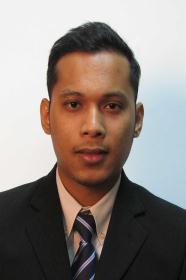
Faculty of Manufacturing and Mechatronic Engineering Technology
rusydi@umpsa.edu.my
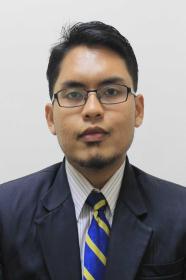
Faculty of Electrical and Electronics Engineering Technology
abdnasir@umpsa.edu.my
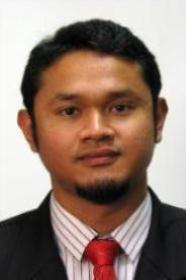
Faculty of Mechanical and Automotive Engineering Technology
azim@umpsa.edu.my
The writers are lecturers at Universiti Malaysia Pahang Al-Sultan Abdullah (UMPSA).
- 225 views










